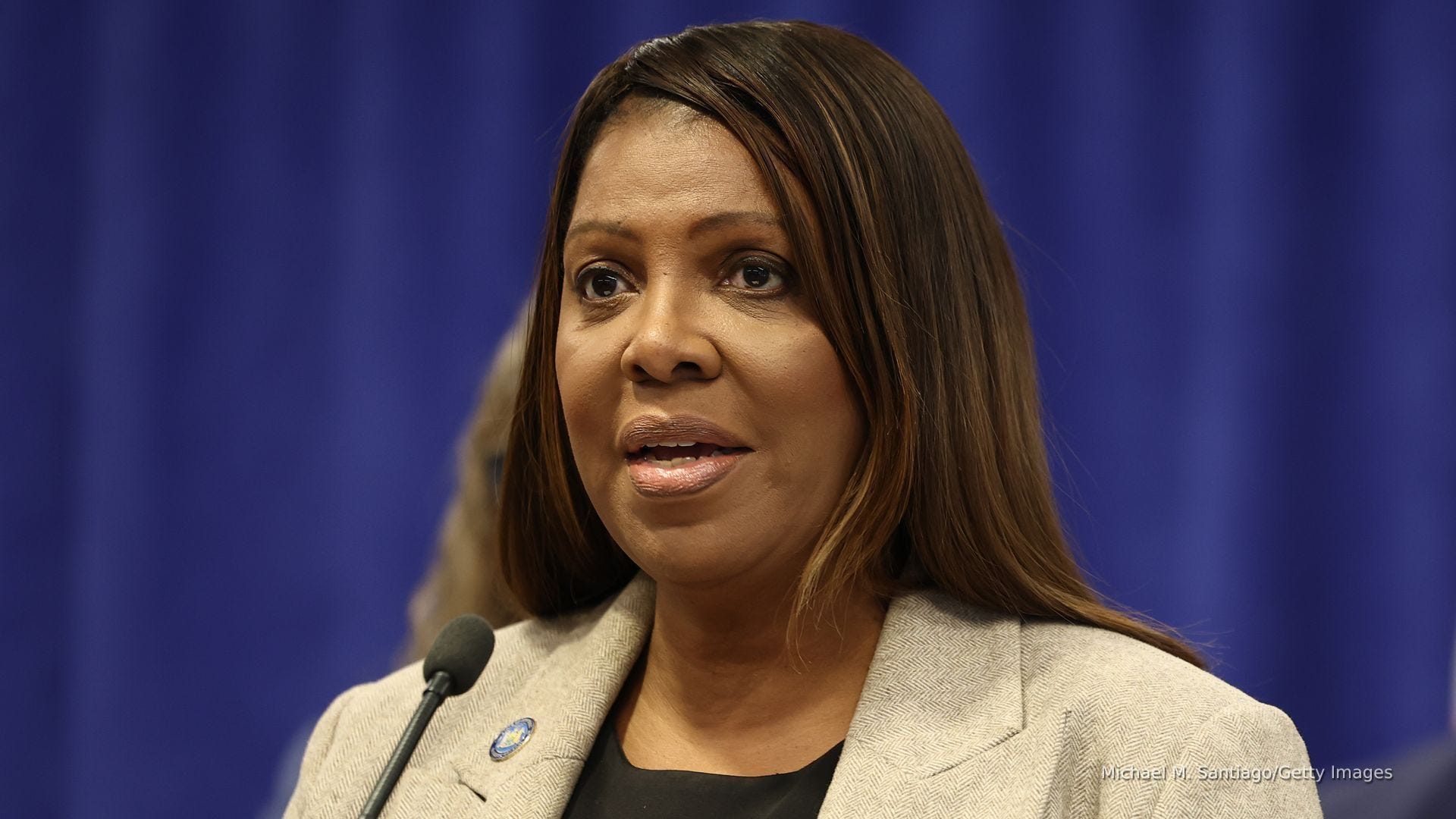
NY attorney general sues Zelle over security failures. What to know
New York Attorney General Letitia James is suing Zelle, over security gaps. The lawsuit claims these flaws let scammers steal from consumers.
Straight Arrow News
New York Attorney General Letitia James has sued the operators of the Zelle payment app, alleging they failed to protect users against a tide of fraud by scammers who managed to steal a total of more than $1 billion.
The new case in state court in Manhattan effectively rekindles a federal agency’s abandoned effort to go after Zelle on behalf of alleged scam victims. That agency — the Consumer Financial Protection Bureau — filed a federal lawsuit against Zelle’s operators and several major banks in December, but then abruptly dropped the case in March after the Trump administration took over.
“No one should be left to fend for themselves after falling victim to a scam,” said James in a statement announcing the case on Aug. 13. “I look forward to getting justice for the New Yorkers who suffered because of Zelle’s security failures.”
Why is New York suing Zelle parent company?
James’ office is suing Early Warning Services, the bank-owned company that raced to set up Zelle in 2016 to compete with successful platforms like Venmo and PayPal. The lawsuit is seeking an unspecified amount in restitution and damages on behalf of New Yorkers allegedly defrauded through Zelle, and an order requiring the app to maintain safeguards and other anti-fraud measures, records show.
A Zelle spokesperson fired back at the claims, calling James’ lawsuit “a political stunt to generate press” and a “copycat” of the canceled federal case.
“Despite the Attorney General’s assertions, they did not conduct an investigation of Zelle,” the statement read. “Had they conducted an investigation, they would have learned that more than 99.95 percent of all Zelle transactions are completed without any report of scam or fraud — which leads the industry.”
What is in the NY Zelle lawsuit?
Zelle was launched in 2017 by Early Warning Services, owned by seven of the country’s largest banks, according to the lawsuit. To compete as a latecomer to the fast-growing business of payment apps, it appealed to users by being free, fast and easily accessible — available through mobile banking apps already downloaded on phones, the lawsuit claims.
“The goal, EWS publicly stated at Zelle’s launch, was ‘removing friction from finance,'” the case stated.
The suit contends Zelle grew quickly but proved vulnerable to fraud, often by scammers who gained access to users’ bank accounts or tricked them into sending money through Zelle. The company had developed safeguards by 2019 but failed to implement them until 2023, the lawsuit claims. By that time, Zelle users allegedly had lost more than $1 billion to fraud.
The suit describes several examples of alleged Zelle fraud in New York. In one instance, someone trying to buy a puppy in 2020 transferred $2,600 to the purported seller before realizing it was a scam. According to the case, the consumer reported the fraud and was told neither “Chase nor Zelle could assist.”
In another example, someone allegedly got scammed out of almost $1,500 in 2021 by a caller who claimed to be from Con Edison and threatened to shut off power for an overdue bill. After sending the money to a Zelle account called “Coned Billing,” the victim was told by JPMorganChase that “they can’t get me that money back,” according to the lawsuit.
How to report alleged Zelle-related fraud?
James’ office encouraged any New Yorkers who were allegedly scammed out of money through Zelle to report the incident through an online complaint form for the office’s Consumer Frauds Bureau via the ag.ny.gov website. There is also an AG helpline for the case at 800-771-7755.
Chris McKenna covers government and politics for The Journal News and USA Today Network. Reach him at cmckenna@gannett.com.
